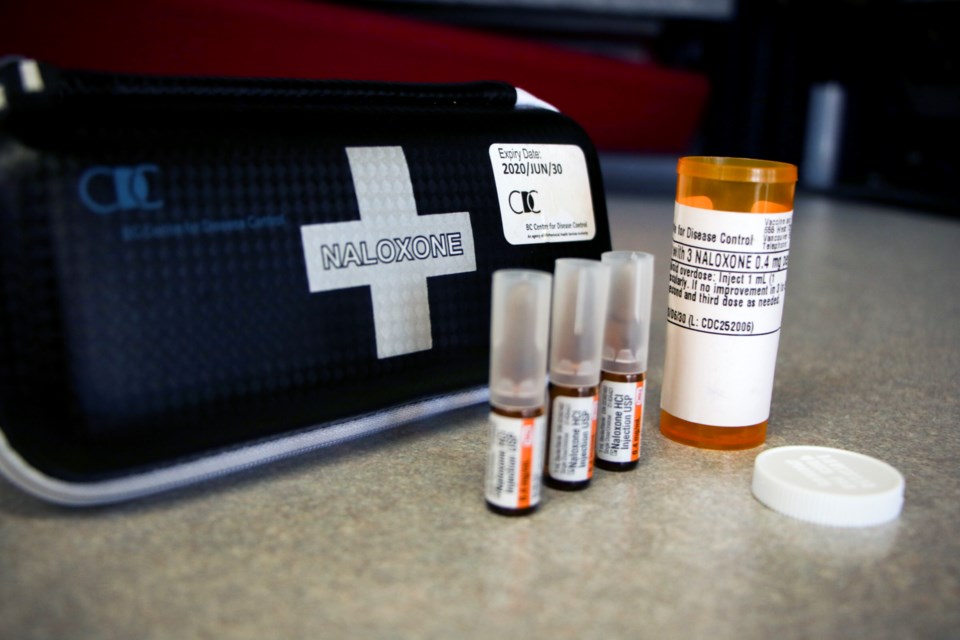Prince George was home to six deaths by illicit drugs in May, according to numbers issued Wednesday by the B.C. Coroners Service.
The count raises the year-to-date total to 22, compared to 15 by the same point last year. It's also in marked contrast to the single death recorded in April for the city.
Province-wide, at least 160 lives were lost in May as a result of suspected illicit drug toxicity, pushing the year-to-date total to 851, the most ever reported in the first five months of a calendar year.
It was also the 15th consecutive month in which there were more than 100 deaths per month due to drug toxicity.
At 48.1 per 100,000, the Northern Health region continues to have the highest per-capita rate of deaths in the province while the Northeast remains the second-highest among B.C.'s health services delivery areas at 58.4. The Northern Interior is fifth at 47.1 per 100,000.
With the COVID-19 pandemic winding down, chief coroner Lisa Lapointe said it's time to combat B.C.'s "other public health emergency with the same sense of urgency."
"We need to ensure that safe alternatives to toxic illicit drugs are available throughout the province, and that we are taking meaningful steps to reduce stigma and offer substance users access to the supports they need and are seeking."
Trevor Halford, BC Liberal Critic for Mental Health and Addictions, called for urgent action on the issue, noting B.C. has accounted for 28 per cent of all opioid-related deaths in Canada.
“The current crisis in B.C. cannot simply be blamed on the impacts of the pandemic," he said in a statement. "It’s also due to the lack of proper supports available in our province."
He said culturally-appropriate services are critical and noted that First Nations people died at 5.3 times the rate of other B.C. residents in 2020.
Minister of Mental Health and Addictions Sheila Malcolmson, in turn, issued a list of initiatives the provincial government is pursuing to deal with the crisis - an "historic" investment of $500 million for mental health and substance use over the next three years among them.
"Our government will continue expanding life-saving resources across the continuum of care, from prescribed safer supply to more treatment beds," Malcolmson said. Going forward, we are deepening our investment in people and innovative solutions to turn this crisis around."



